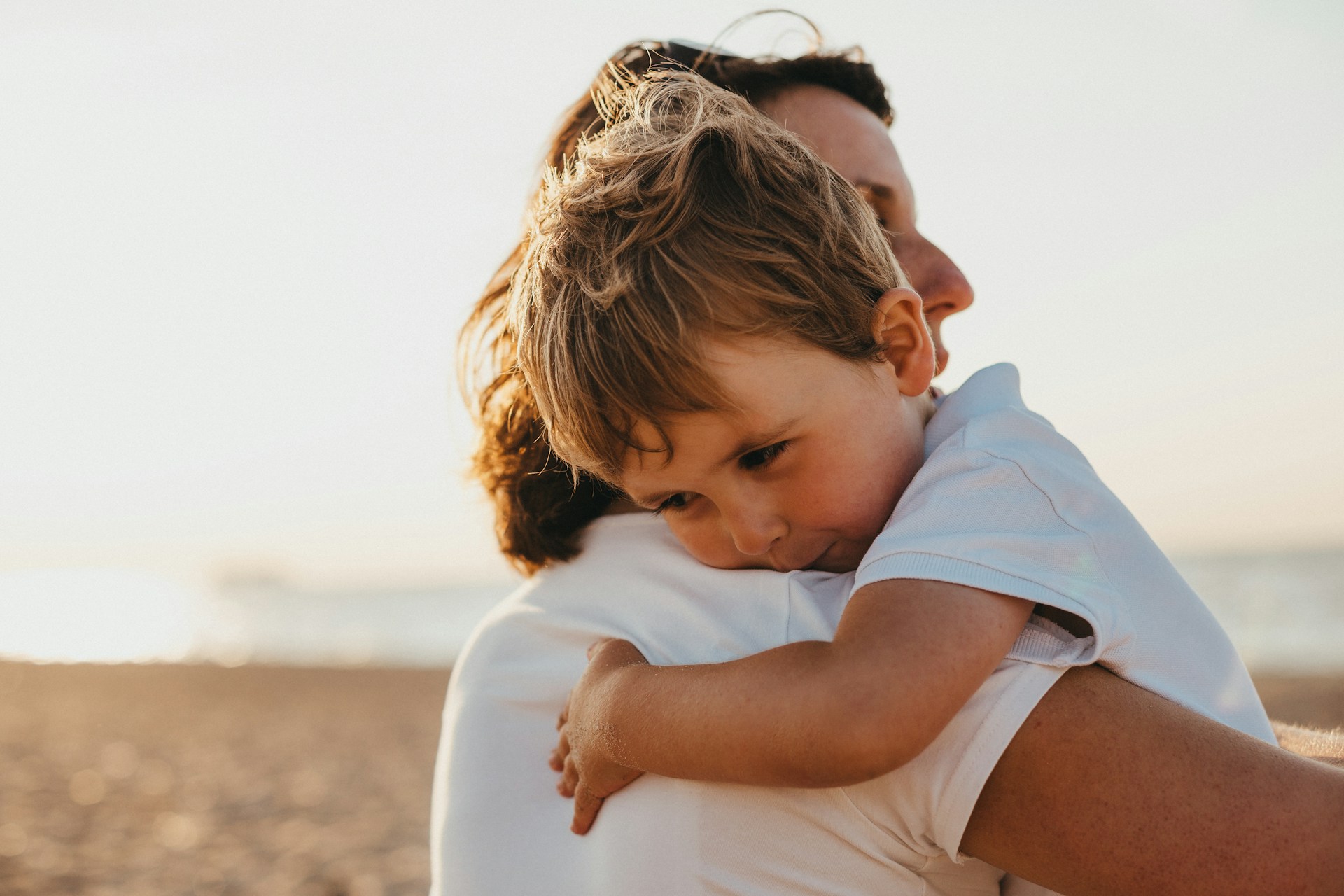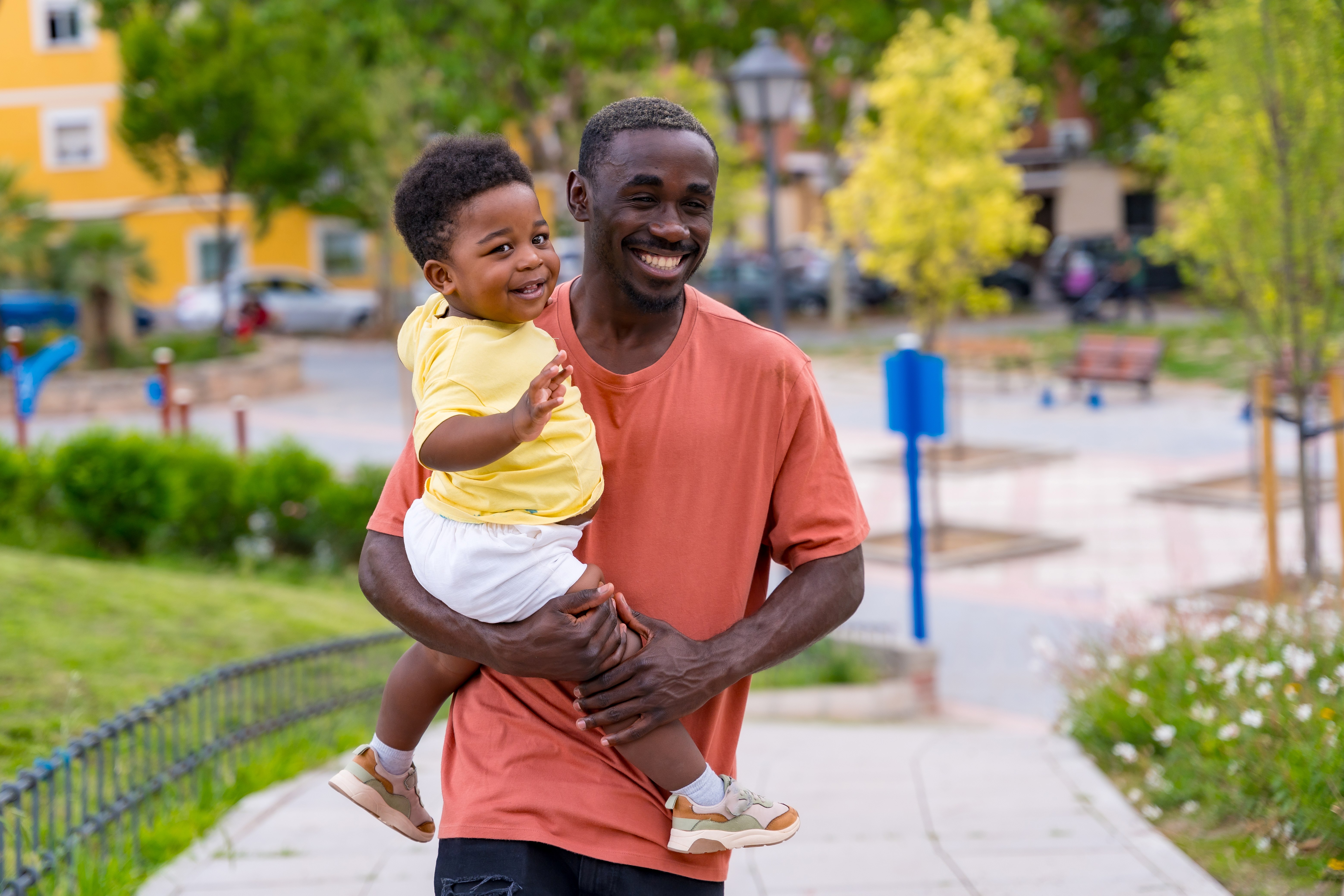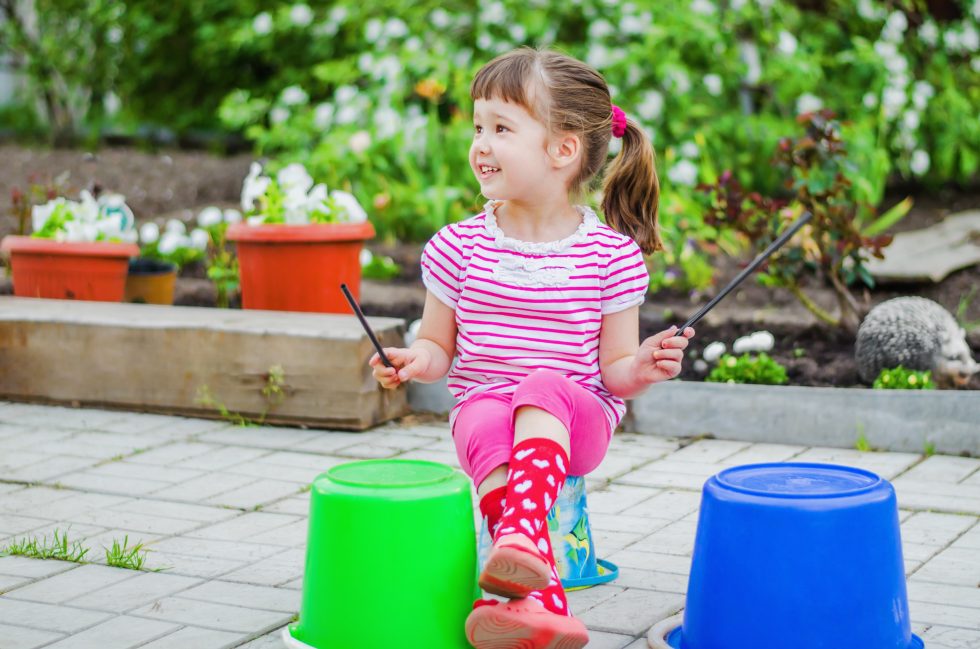
The Significant Role of Co-regulation in the Early Years
“Developing self-regulation, like many elements of development and learning, is not something children do by themselves. It is a process that grows out of attuned relationships where the caregiver and baby or child are closely attentive to each other and engage in sensitive, responsive exchanges.” – Birth to 5 Matters 2021
I love this. The truth is that co-regulation – our attuned, attentive, and loving exchanges with children – are key to their emotional growth and ultimately support children in growing and strengthening their self-regulation skills over the years.
On the other side of the coin, those children who are not adequately co-regulated may well become overwhelmed by their feelings. Where does this leave them? Unregulated, they struggle to cope with the daily challenges of life, unable to navigate the feelings or behaviours that are so intrinsically linked.
Co-regulation is vital for young children because it provides the crucial support that helps them to understand powerful or unpleasant feelings and return to a place of calm. It makes sense that co-regulation is placed firmly at the heart of our practice in the early years.
BRAIN DEVELOPMENT AND CO-REGULATION
Co-regulation is the warm interaction between adult and child (or between adults!) where adults help children to understand their feelings and behaviours. Co-regulation needs to be tender, intentional, and focused. As early years practitioners, we must pay the closest of attention to children’s emotional cues, understanding their body language, and responding swiftly, consistently, and sensitively to these. Part of co-regulation’s complexity is giving the right amount of support at the right time and knowing what each child needs at any given time. Promptness and consistency are key.
Jack is 2. He is playing at the water tray with another child. He cannot reach a bucket on the other side of the water tray. He shows small signs of frustration, banging the spoon he is holding. A teacher is sitting a short distance away and is observing his cues. She waits to see what he will do next, not jumping in straight away.
Jack tries to reach the bucket again, but it is too far away. He drops the spoon on the floor and is beginning to look distressed. The teacher comes over immediately, and gently speaks to Jack, ‘You look sad. Do you want the bucket? Shall we get it?” Jack says nothing but allows her to take his hand and lead him to the other side of the water tray where he is able to pick up the bucket for himself. “Good lifting!” says the teacher. Jack smiles and fills the bucket with water. The teacher continues to observe Jack carefully as he plays.
Jack was frustrated and unable to help himself. He needed an adult to acknowledge his powerful feelings, suggest a solution, and help him to move towards that solution.
Through the teacher observing, waiting, modelling and coaching, Jack learns that his frustrations will be supported and that there are ways of achieving what he wants to do, even when there are difficulties involved.
The more confident children are at understanding their emotions and challenges, the more likely they are to make sense of their environment and pursue their goals.
CO-REGULATION, THEN, IS AN ONGOING CYCLE OF OBSERVATION, INTERACTION AND COLLABORATION:

A PEDAGOGY OF CONNECTION
Settings that put co-regulation at the heart of their pedagogy will significantly support children in developing self-regulatory skills.
We can best achieve this through:
- Connectivity – a culture of tenderness towards children builds warm, responsive relationships. Such a culture has a powerful impact on children’s capabilities, helping them to feel loved and comforted, as well as supported and respected
- Predictability – when we are consistently and reliably kind, children feel able to meet challenges and difficult feelings more readily, feeling supported in each circumstance
- Enablement – supporting children through observing, modelling and suggesting strategies helps children to build their emotional intelligence and practice their self-regulation skills
AN ENVIRONMENT OF CONNECTION
There needs to be a solid framework into which co-regulation sits comfortably. This means that each day we provide:
- A predictable and enjoyable daily routine and schedule
- Careful observation of children’s emotional cues – any child in a place of tension and anxiety will clearly find it more difficult to find solutions to everyday challenges
- Plenty of fresh air and physical activity – research demonstrates over and over that fresh air and exercise helps children’s self-regulatory abilities (and adults!)
- Time and place for adults to encourage each other – supporting children is rewarding but draining
Co-regulation has a vital role because it helps grow children’s emotional competence, self-direction, and executive function. And yet co-regulation isn’t just about building self-regulation skills. It is about building capable and confident children. Children become increasingly more capable the more we understand them, and progressively more confident the more we show them the exciting possibilities and options in their world. And the wonderful thing is that any child can become an expert in their own world when adults understand their needs, observe their emotional cues and support their search towards solutions or goals.
Through co-regulation, children can become powerful learners and competent thinkers.
Article written by Helen Garnett for Parenta.
Further Reading
Get in Touch
Have any questions?
We’d love to hear from you!





